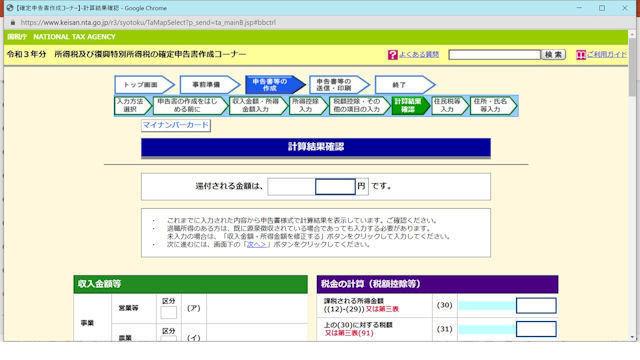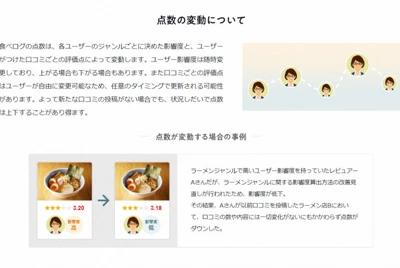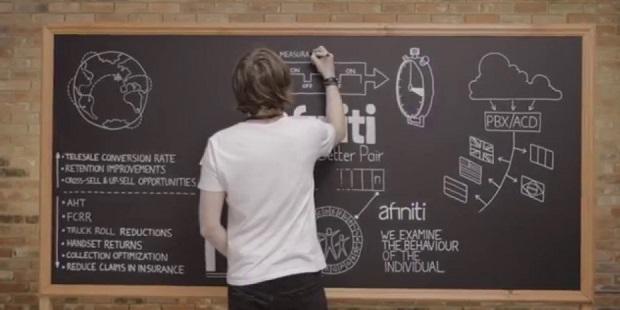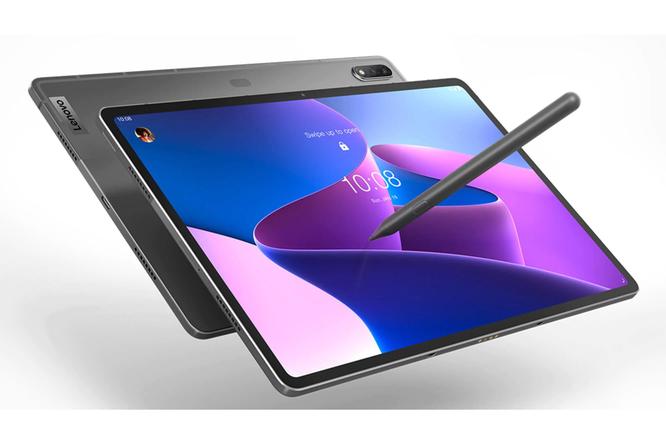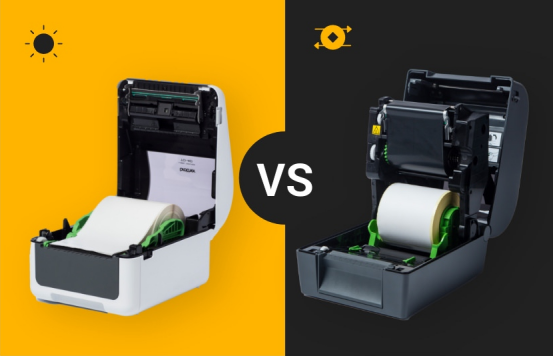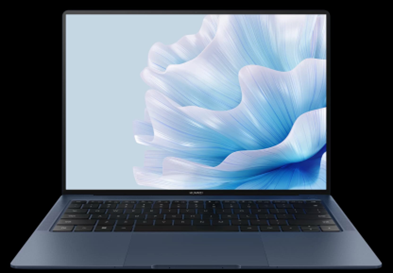Raspberry Pi Foundation, launching "Python" introductory lectures-6 freely available projects
Send
1コメント1件Raspberry Pi Foundation, launch "Python" introductory lecture-6 freely available project pictures
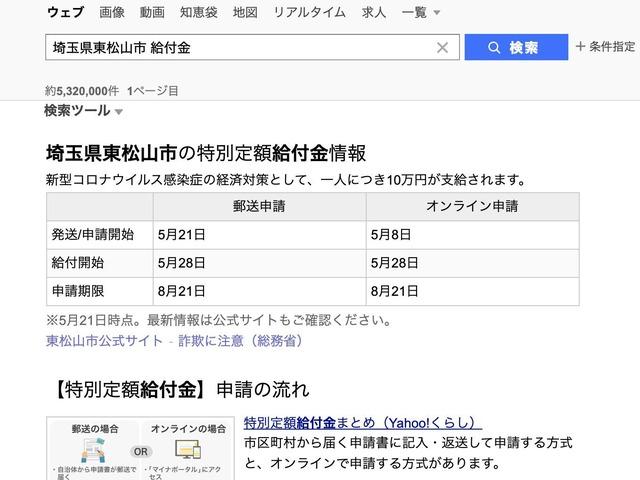
Raspberry Pi Foundation has released a new "Python" entry project path for young people. The goal of the new "Introduction to Python" (introduction to Python) project path is to teach children the basics of Python programming and help them understand the core concepts of programming through practical projects created by Raspberry Pi Foundation. This course is aimed at beginners and experienced young programmers, first teaching the basics through mentoring tasks and more independent projects, and then using the know-how to provide learners with the opportunity to create things. Raspberry Pi already provides a learning path for "Scratch" programming. In this learning path, we will use the block-based language Scratch to teach young tape recorders basic programming and design skills, and guide them in creating applications, games, and CG art. The Introduction to Python path is a little more difficult than it is. Python is a text-based language, so this project path is designed to help young encoders master the basic principles of "real" programming languages used in the real world (syntax, use of variables, definition of functions, etc.). Rebecca Franks, the manager in charge of learning at Raspberry Pi, said that Python's syntax is similar to English, so it is an ideal language for young and inexperienced tape recorders. Python is the language used by many professional developers in fast-growing areas such as data science, so it is also a valuable skill for young encoders interested in a career in the technology field. Franks said in a blog post: "the" Introduction to Python "project path is designed according to our" Digital Making Framework "(Digital creation Framework), by gradually dismantling the foothold of the students who advance the project in the path. Promote students to become independent tape recorders and digital manufacturers. Our Digital Making Framework is configured to enable learners to experience the structured development process of coding projects and learn how to implement ideas. In addition, it supports error detection (debugging) in code and tells students that errors are part of computer programming and are only temporary setbacks that can be overcome. "Raspberry Pi's Python project path consists of six projects. In the first three "Explore" projects, students are taught new coding skills through tasks with wizards. Unlike several other introductory lectures that focus on creating text-based output, Raspberry Pi's project path focuses on creating digital vision using Python's "P5" library. There are two "Design" projects after the "Explore" project. In the Design project, young Python encoders are encouraged to hone their coding skills in more personalized creative work. Finally, the student completes a "Invent" project. In this project, we will mobilize learning skills and create something unique. The Python project path is provided free of charge and can be accessed from a web browser. The starter code is provided in a free web-based development environment called "Trinket". According to Raspberry Pi, the Python project path may take about six hours to complete, with each project taking about an hour to complete. Raspberry Pi will launch the "More Python" path in the near future, Franks said. This path is aimed at learners who have mastered the basic knowledge, and you can learn how to use lists, dictionaries, and files to make applications. This report is a report from overseas Red Ventures by DPRK-Japan Interactive for Japanese editors.
最終更新:ZDNet Japan notebook-laptop
notebook-laptop